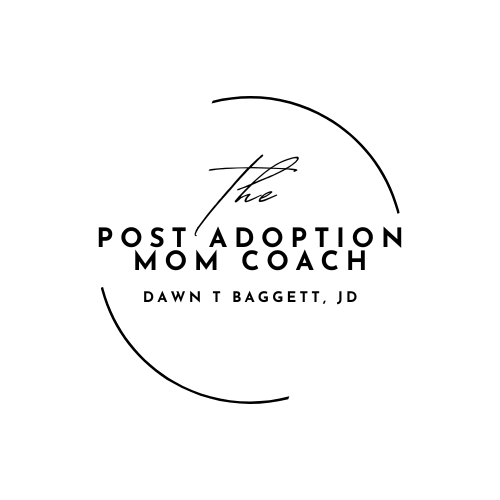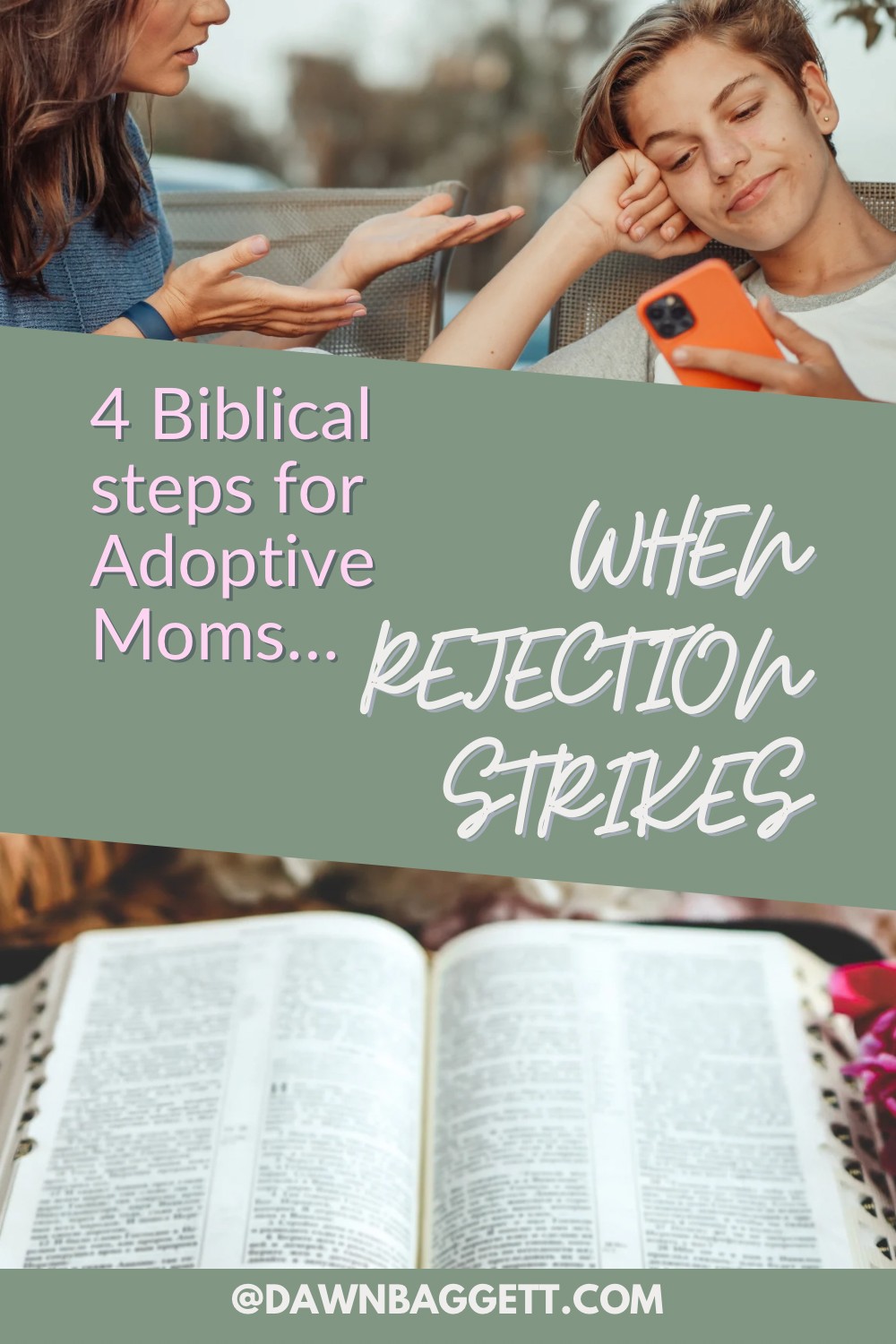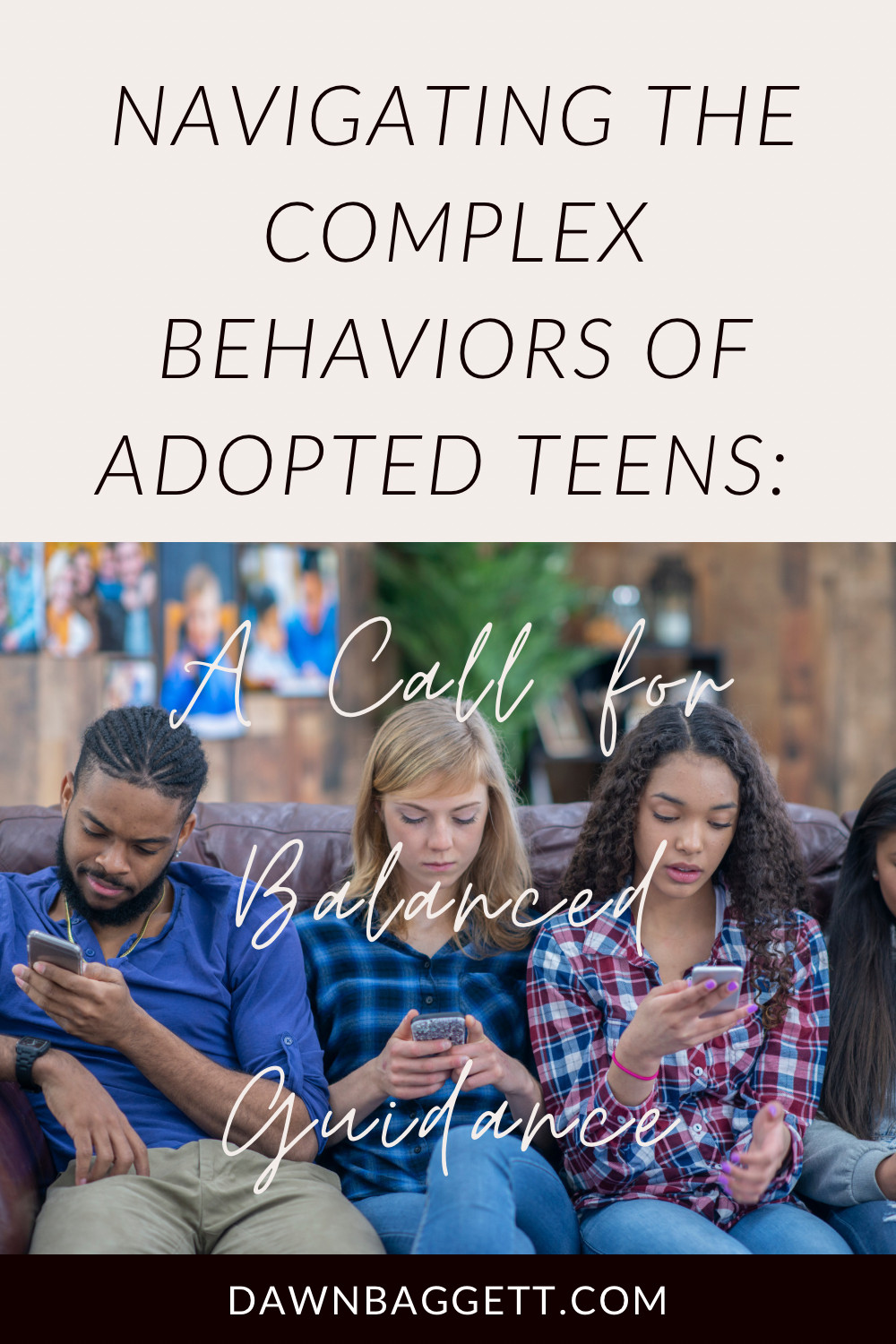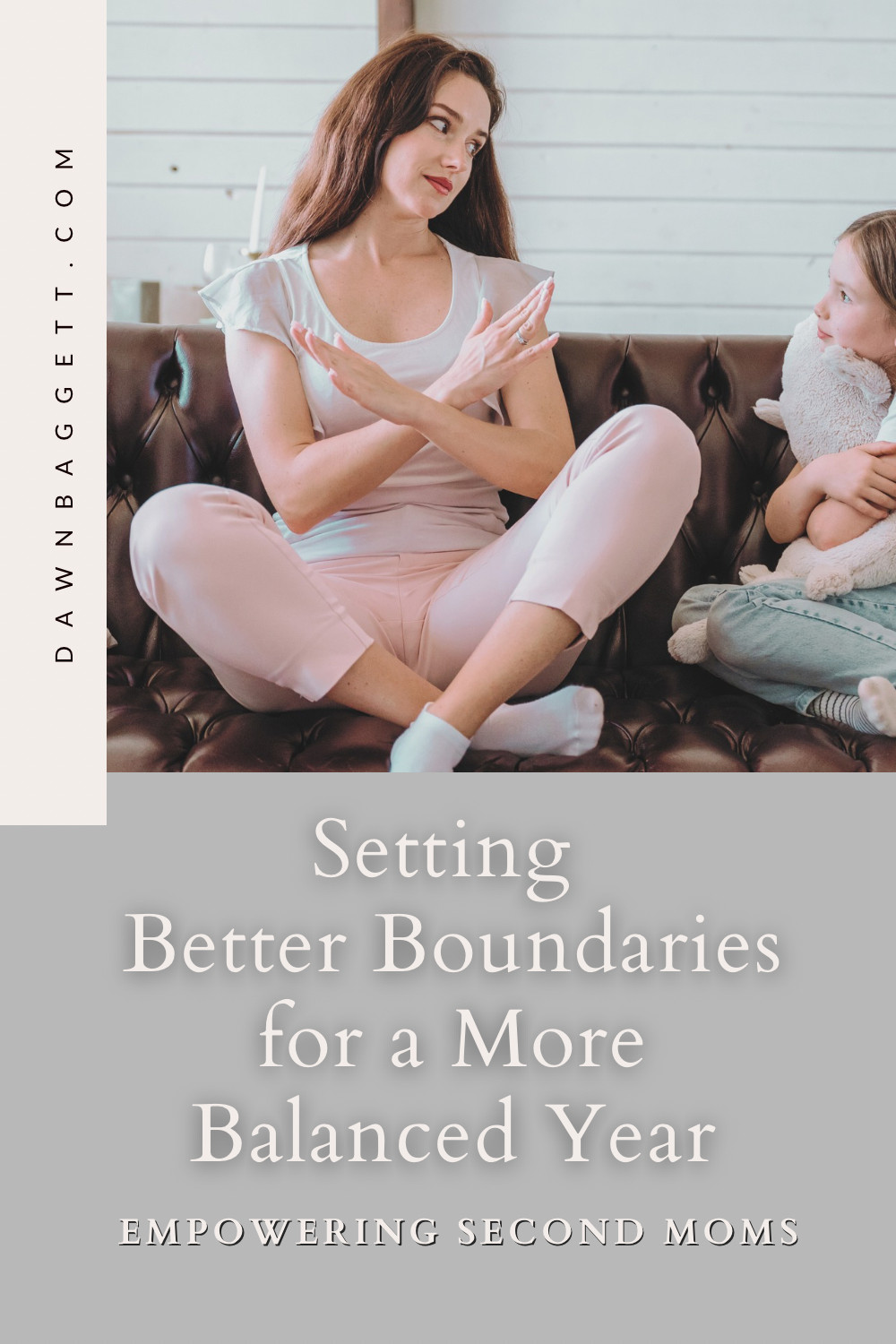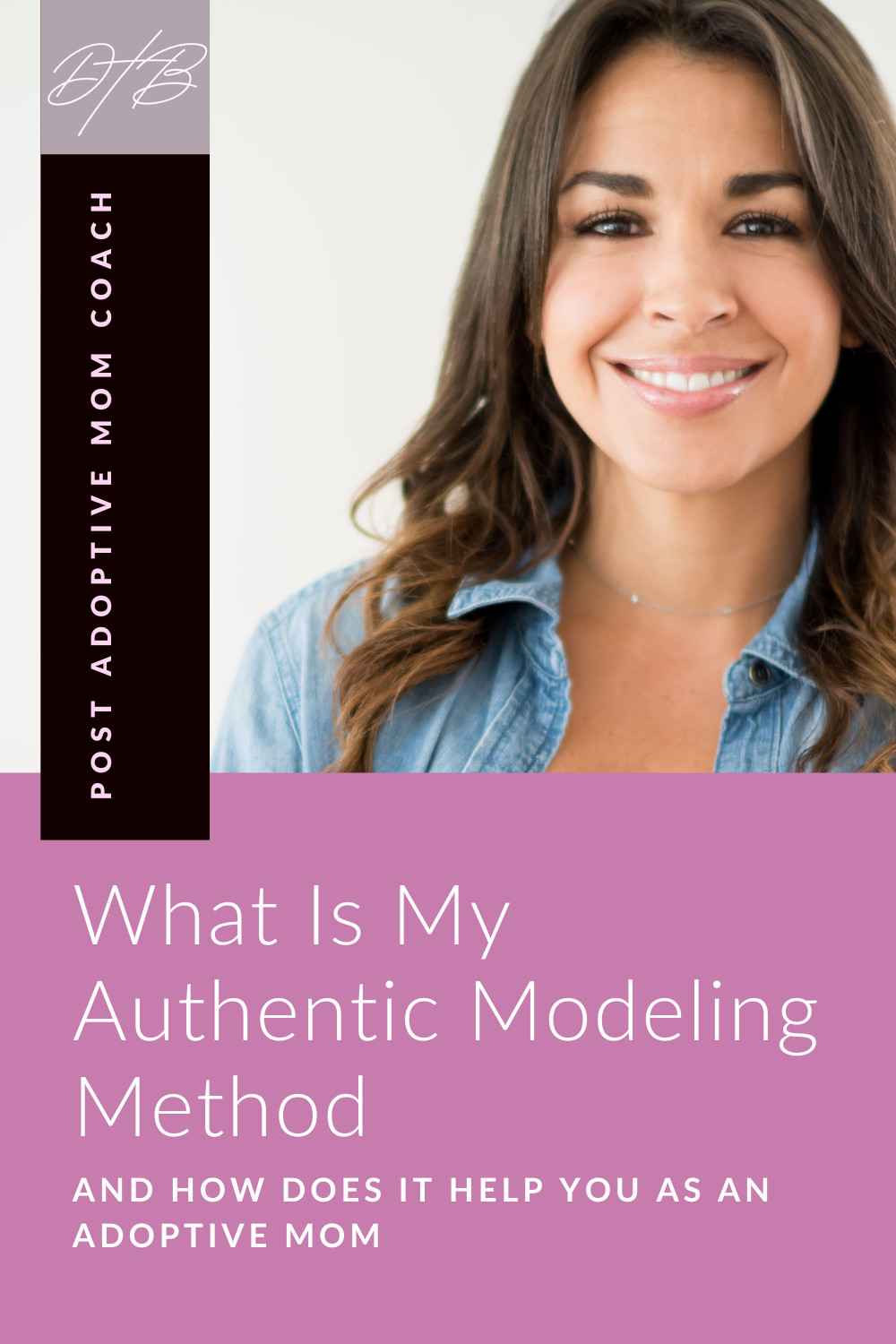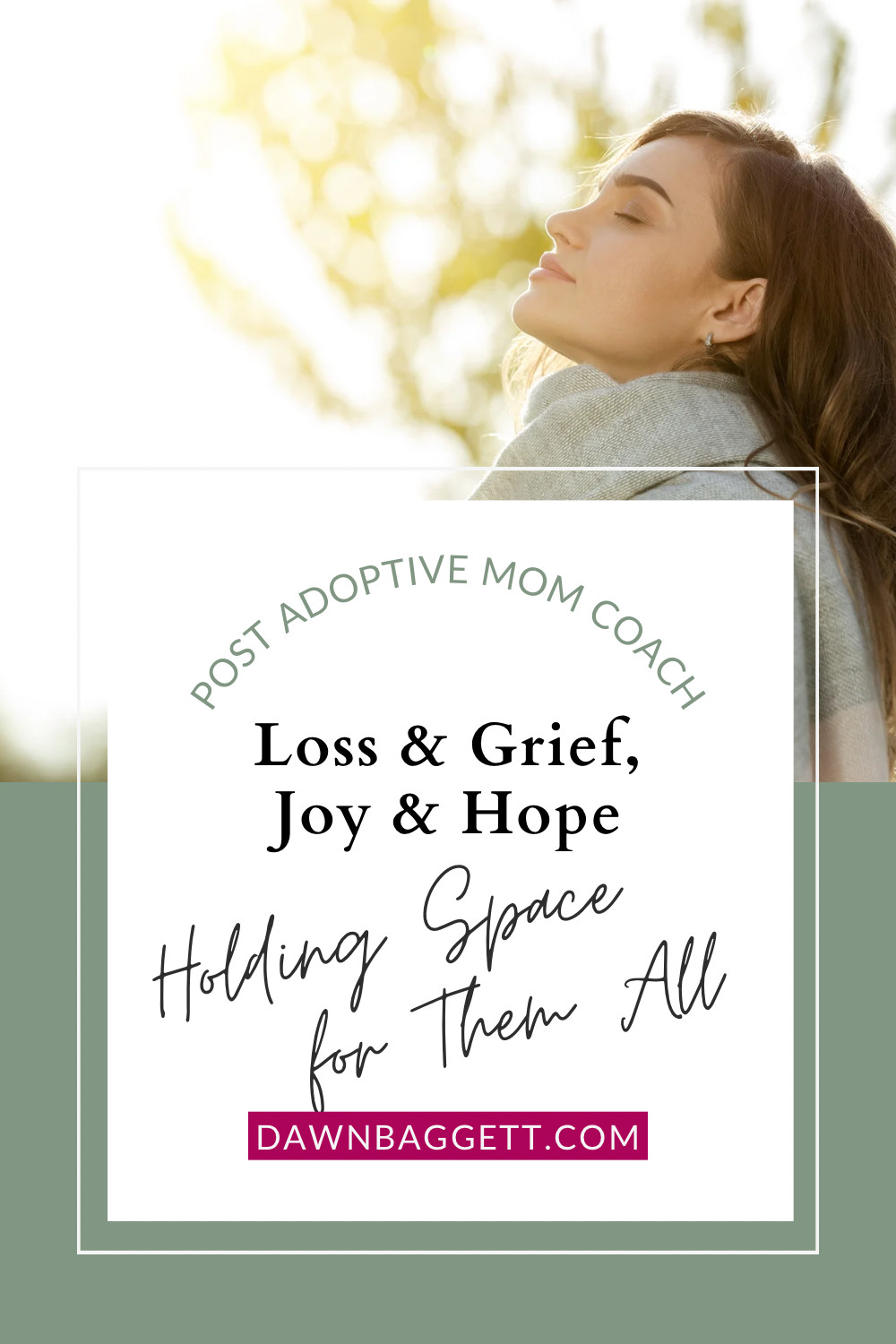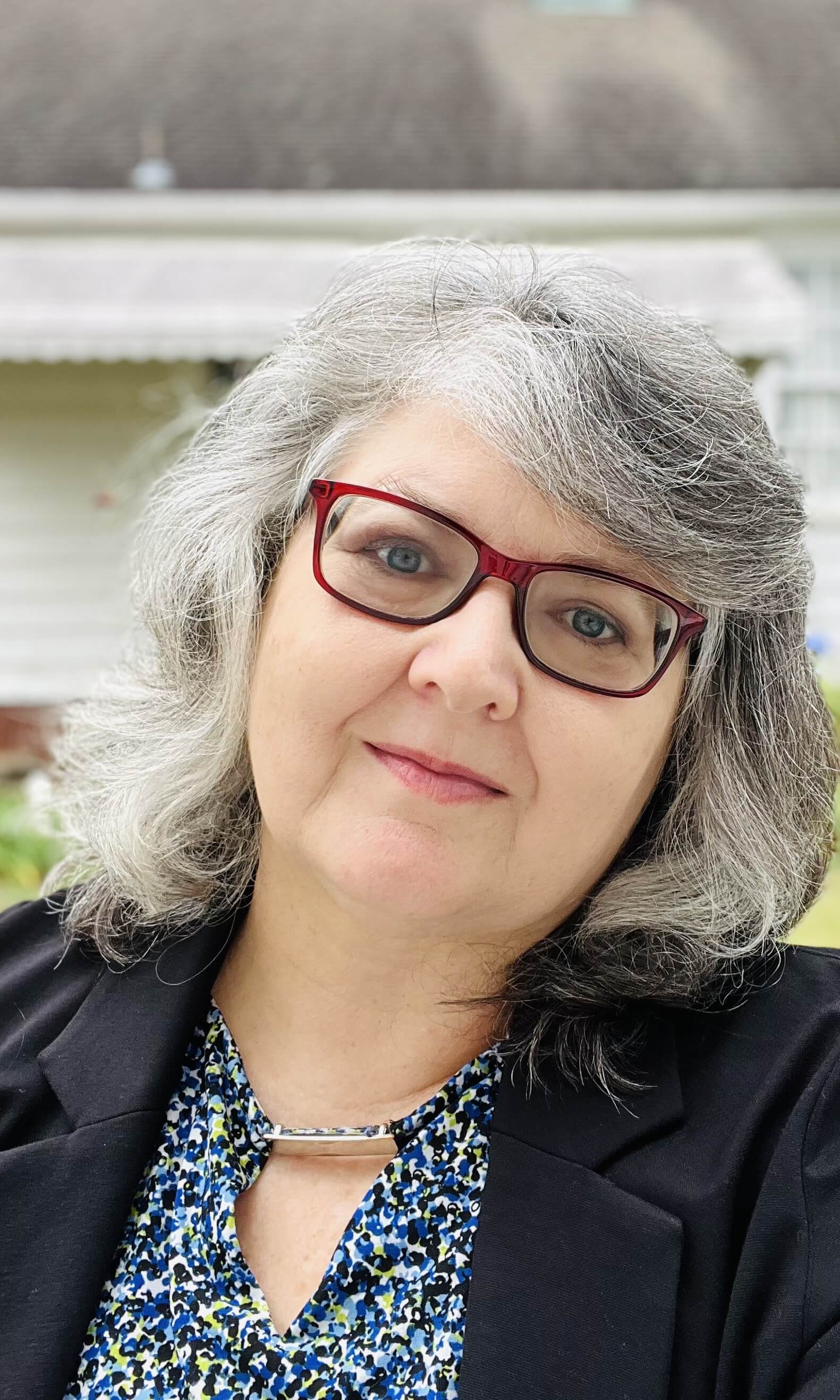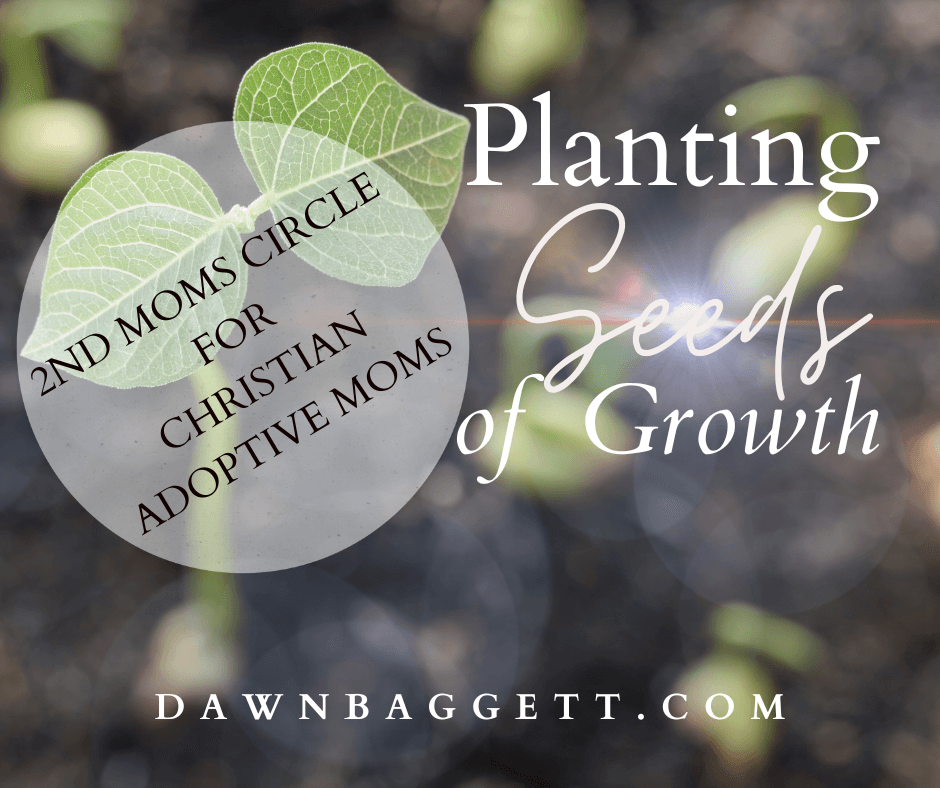
Have you ever wondered how a tiny seed, when planted in the right environment, receives nurturing care, and is given time to grow, can blossom into a beautiful plant?
This natural process mirrors the journey many adoptive families embark upon. In the garden of family life, each member is both a gardener and a budding plant, contributing to and benefiting from the nurturing environment of the family. But as with any garden, there are obstacles along the way.
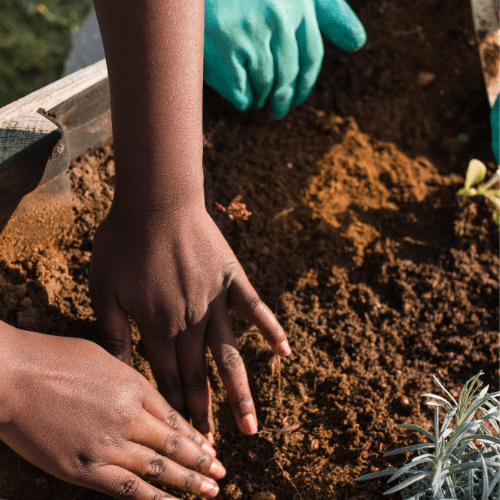
Are you frustrated & feeling defeated because your adopted daughter won’t let you teach her anything?
Or your son always insists he already knows whatever you’re about to tell him?
Today’s topic is:
Fostering a positive learning environment for adoptive moms with severely attachment-challenged children or teens.
As moms we want to teach, train & influence our child/children for good. We know that attachment challenges affect learning and behavior in children and teens.
This can create a looming gap between all we’d otherwise be able to teach our children and what they’ll actually be receptive to.
Read more...
If your adopted child has no memories or very limited memories about their life prior to coming to live with you, does that mean that any trauma they suffered has no effect because they don't remember any of it?
Let's find out.
This episode of 2nd Moms Circle for Christian Adoptive Moms is a bonus Tuesday Trauma Tip. I'm Dawn Baggett, your host and post-adoption mom coach. Understand that I am not a doctor or a therapist, and nothing in this podcast content is offered as medical or mental health diagnoses, treatment, or cure.
That said, it's my goal to keep these bonus episodes short. So, here's your trauma tip for today:
Today's Tuesday Trauma Tip
Do not rely on what a child explicitly remembers to judge whether some past experience or trauma affects them in the present.
Just because they were “too young to remember” or can't recall prior early childhood, or even pre-birth traumas, it doesn't mean that a child isn't affected and doesn't have lingering effects of an earlier trauma.
I wonder how understanding this Tuesday Trauma Tip can help you today in interacting with your child, your teen, or even your young adult who may have been affected by early childhood trauma.
Group members can continue the discussion over in our Facebook group.
Be sure to follow the podcast and join the Facebook group, Circle of Second Moms for more targeted support as you navigate the journey in your post-adoptive family.
Interested in individual coaching? Let’s talk. Click the Coaching tab in menu at the top of this page to get started.
And as always,
KEEP LEARNING - KEEP GROWING - KEEP LOVING
💜🩷♥️
Dawn
______________________________________________________

Post Adoption (Mom) Coach
“STANDING IN THE GAP FOR SECOND MOMS in Adoptive & Blended Families
As a Certified LifeMapping(R) Coach, Dawn helps Christian adoptive moms navigate the challenges of their non-traditional families with their own brand of (faith fueled) success!
DISCLAIMER: I’m a coach, not a doctor nor a therapist. As a coach I do not offer mental or medical health diagnosis, treatment or cures. Furthermore, I am no longer a practicing attorney and do not offer individual legal advice. For individual advice related to your own personal situation I recommend you seek out an appropriate professional. Coaching may fill a spot in your overall support network.
—
Copyright © 2025 Dawn T. Baggett, JD - All rights reserved
—
